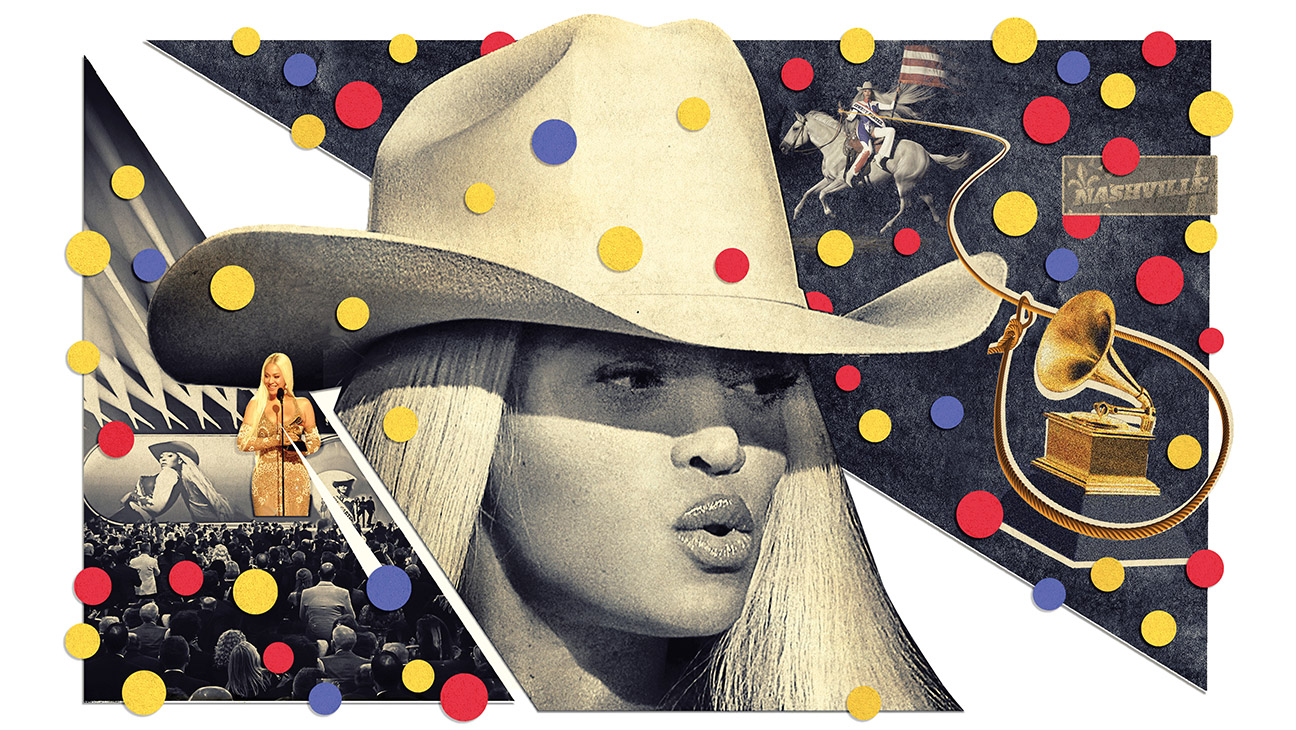A funny thing happened a few months after Beyoncé‘s big night at the Grammys in February, when the pop icon was finally able to shake off her album of the year bridesmaid curse with a win for Cowboy Carter and strutted into Nashville’s backyard to claim best country album for her multiplatinum genre flex.
It was a history-making moment: the first Black woman to ever take home that prize. But in classic Recording Academy fashion, the celebration barely lasted four months before the rule book was rewritten. By spring, the Grammys announced that starting in 2026, best country album would be split into two categories: best contemporary country album and best traditional country album.
The Academy says the change will award modern country while still giving a chance to recognize subgenres like Americana. Arguably, the separation also puts an asterisk among albums that dare go outside the lines and questions if these records are “country enough.”
The Academy has flubbed categorizing music from Black artists so often that one could practically put them on a calendar reminder. Back in 2020, Tyler, the Creator spoke out in the press room after his first Grammy win, questioning why his melodic sixth album, Igor, was considered rap instead of pop by the Recording Academy.
“Half of me feels like the rap nomination was a backhanded compliment,” Tyler said at the time.
In June, Recording Academy CEO Harvey Mason Jr. insisted the proposal to bifurcate country into two categories had been submitted well before Beyoncé’s win, and that country stakeholders had brought this proposal forward several times in the past.
“The community of people making country music in all different subgenres came to us with a proposal and said they wanted more variety in how their music is honored,” Mason said. “It makes country parallel with what’s happening in other genres. But it’s also creating space for where this genre is going.”
Regardless of when the idea materialized, it’s not the first time Beyoncé’s victories have been followed by the Grammys doing some genre soul-searching. After “Break My Soul” took home best dance/electronic recording in 2023, the Academy quietly carved out a new best pop dance recording category the very next year — a tidy way to keep big-name pop acts from crowding out niche electro pioneers like Aphex Twin and Four Tet.
Whether or not the change had anything to do with Beyoncé, it matches a consistent Grammy pattern: Instead of admitting that genres bleed together, they double down on splitting hairs. The truth is, genres themselves have already splintered beyond recognition. Country exists in two realities at once — the fiddles-and-steel-guitar traditionalists on one side and glossy crossovers on the other. See: Lady Gaga’s Joanne, or Post Malone’s yeehaw experiment F-1 Trillion.
If country is fractured, pop is positively shattered, less a sound than a survival tactic. Reinvention used to mean a new hairstyle; now, it means a genre takeover. Beyoncé went from disco-diva futurism on Renaissance to cowboy boots on Cowboy Carter without blinking.
In her acceptance speech, she all but dared the industry to keep up: “I think sometimes ‘genre’ is a code word to keep us in our place as artists. And I just want to encourage people to do what they’re passionate about and stay persistent,” Queen Bey said.
That’s the future: genre lines as fences waiting to be kicked down. The Grammys can redraw categories as often as they like, but artists like Beyoncé are already three steps ahead — and the rest of us are just trying to keep up with the beat.
***
Read more from THR’s Music Issue
This story appeared in the Oct. 1 issue of The Hollywood Reporter magazine. Click here to subscribe.

